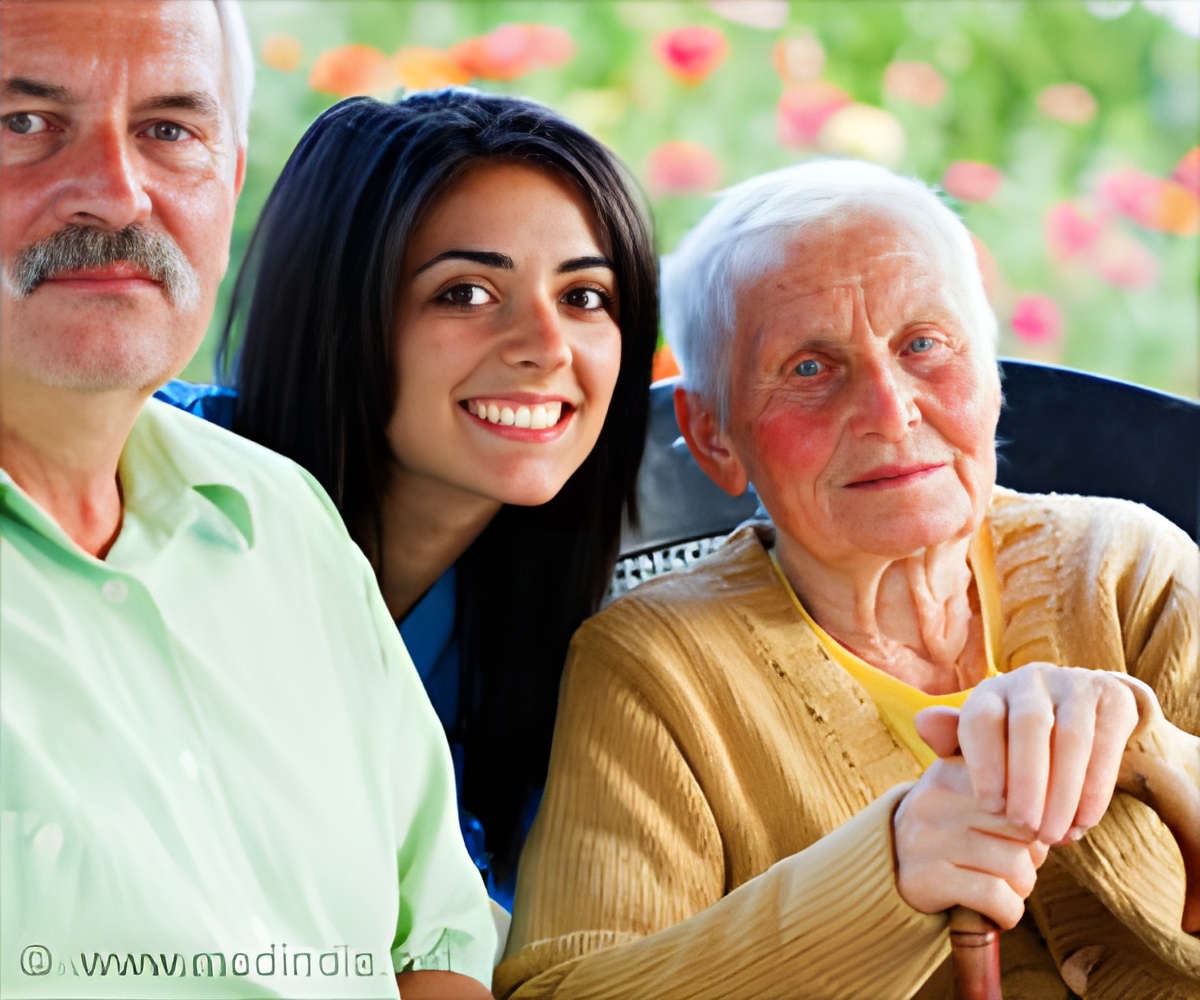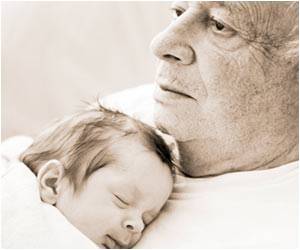The family caregiver doesn't actually suffer from inflammation and immune system disorders, according to new research.

TOP INSIGHT
Caregivers are no more vulnerable. If done right, caregiving could be an extremely beneficial and healthy activity as the person is engaging in pro-social behavior.
Read More..
According to the National Alliance for Caregiving, more than 34 million people in the U.S. provide care for a chronically ill, disabled or aged family member or friend in any given year. The value of the services provided by these family caregivers is estimated at $375 billion annually.
In 1987, a study concluded that caregivers of people with Alzheimer's disease had decreased levels of certain immune molecules. Since then, other studies have suggested that family caregivers have increased mortality and rates of psychiatric diseases, decreased immune function and life span, and slower wound healing than other people.
After noticing statistical weaknesses in a handful of recent papers on caregiving and immunity, Roth and his colleagues wanted to take a fresh look at the more than three decades of papers on these ideas.
They focused their search on papers about immune or inflammatory biomarkers--molecules that can be detected through a blood test--and combed through databases of medical literature to find papers linking the chronic stress of family caregiving and these biomarkers. After reviewing 132 full texts, they narrowed the meta-analysis to 30 original, data-based papers.
Roth adds that the studies tended to compare caregivers found in clinical settings with other adults recruited from senior centers, churches or other community organizations. "These people differ in many factors besides just who is a caregiver," Roth says. "Many of the so-called controls are healthy, socially active volunteers." Due to issues like this, 11 of the papers were given a "moderate" (instead of "low" or "minimal") ranking for potential bias.
"It's not that we didn't find anything, but it's a whisper of an effect, not nearly as large as what people have been led to believe," says Roth.
The team hopes its new look at the existing data helps encourage people to be more open to becoming caregivers. The researchers also hope it helps medical professions move away from the idea of caregivers as vulnerable.
"Caregiving, if done right, can actually be an extremely beneficial, healthy activity that enhances your life because you're engaging in pro-social behavior," Roth says.
The researchers are now conducting a large population-based study with carefully matched controls and biomarkers collected at multiple times in order to get even more detailed information on the connection--or lack thereof--between caregiving and the immune system.
Source-Eurekalert
 MEDINDIA
MEDINDIA

 Email
Email






